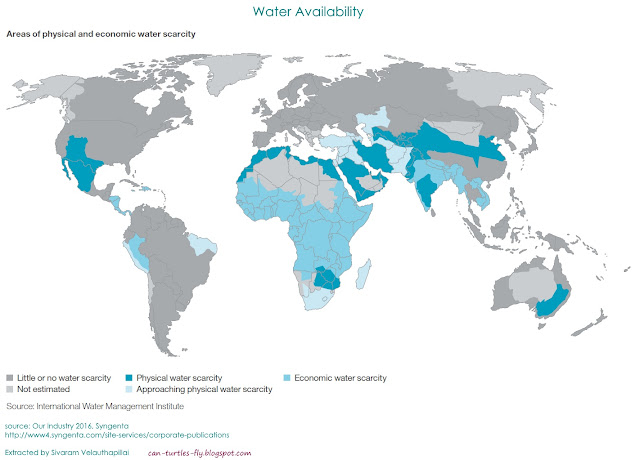Jamie Dimon Interview with Economic Club of Washington DC (Sept 2016)
As always, David Rubenstein does a very good job with this interview of Jamie Dimon at the Economic Club of Washington, DC. Conducted in September 2016, it clearly illustrates why some consider Jamie Dimon to be a natural for politics (even though Dimon has said he isn't interested and doesn't think he will have much success in it). I don't think businesspeople are very good in politics--business is all about maximizing profits and doing anything including discriminating against customers, whereas politics is almost the opposite with the goal of satisfying all stakeholders and funding something for the very-long term irrespective of what "profits" may appear to be. But I think Dimon, unlike most bankers and wealthy individuals, has a very good understanding of society at large and what is happening at the street level--hence I think he can probably do a good job. I neither follow nor know much about the financial services industry but from what little I have rea











